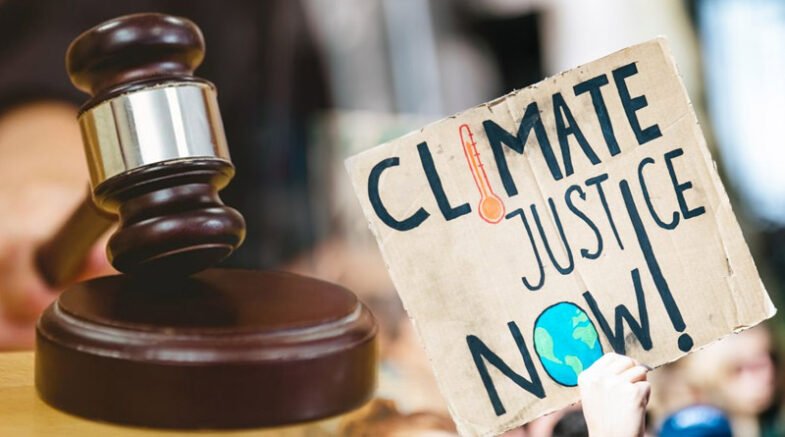The Third Annual Symposium on Greening Judiciaries in Africa, a forum to discuss the function of African judiciaries in advancing climate justice, was recently held in Kenya.

The Third Annual Symposium on Greening Judiciaries in Africa, a forum to discuss the function of African judiciaries in advancing climate justice, was recently held in Kenya.
The main takeaway of Symposium on Greening Judiciaries in Africa is that there isn’t much environmental and climate litigation taking place in African courts.
Africa’s Chief Justices have emphasised that the biggest obstacles to climate justice in their continent continue to be the lack of environmental and climate change awareness among the judiciaries, the absence of pertinent laws, and the lack of specialised courts. One of the few African nations with specialised environmental courts is Kenya.
The Justices emphasised that courts operate in a peculiar environment where their authority is only used when a case is presented to them.
The public must therefore be aware of their rights related to the environment and climate change, how to enforce those rights, and the laws that enable this. Once these cases are filed, they must be handled by judicial systems that are knowledgeable about environmental issues and climate change.
This necessitates a multi-stakeholder strategy for resolving the climate crisis as well as a legal framework that supports non-governmental actors like civil society organisations in raising public awareness of climate change and advancing environmental and climate justice.
One such initiative is the Climate Change Lawyers Café, which aims to increase the role of law and lawyers in advancing climate justice in Africa and raise awareness of climate change among members of the legal profession. There is also a need for a strong framework for meaningful public participation in decision-making regarding climate change.
This calls for the State to go beyond the “check-the-box” approach to public participation by collaborating with pertinent stakeholders to guarantee that local communities are involved in processes related to climate change decision-making, such as the creation of laws and policies.
Additionally, CJ Martha Koome urged the legal systems of Africa to support environmental and climate public interest litigation. To make this a reality, there must be a legal framework that safeguards the increasingly perilous environmental, climate, and human rights activists. Strong mechanisms for protecting witnesses and informants are required, particularly in high-profile cases.
In conclusion, ensuring that there are favourable legal, environmental, political, and civil environments that support public awareness, the protection of rights, and quick access to remedy in Africa requires collective action in addition to the development of judiciaries that are climate-aware.
